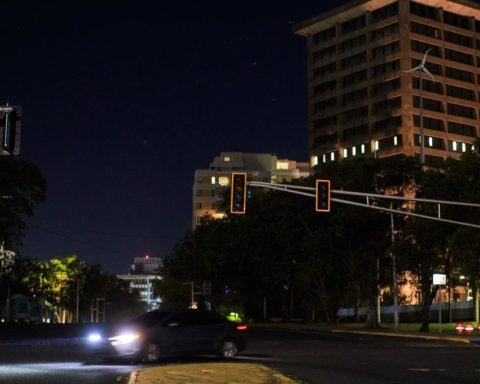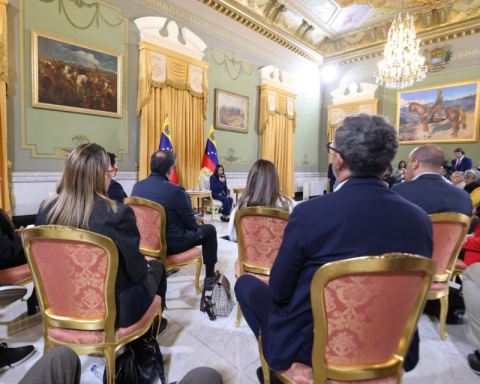The Argentine infectologist Ximena Gonzalo, who works at the university hospital of Imperial College Healthcare in London and treated seven people with monkeypox, assured that although the largest proportion of cases belong to men, “we also have women and patients pediatrics”.
“Although I cannot share the specific information on the case due to confidentiality issues, I did want to inform you that among the patients we are treating we have a pediatric patient and his family group,” Gonzalo reported in a webinar organized by the Argentine Society of Infectious Diseases (SADI). ).
“This is relevant because It is not only about men who have sex with men, but we also have women, although they are much less, and pediatric cases “said the specialist on one of the issues that is generating the most debate around the new outbreaks of this disease: the form of transmission.
As of today, the UK has 101 confirmed cases of monkeypox and although there are cases throughout the country, Gonzalo explained that “the majority are concentrated in London.”
During the webinar, the infectologist, of Cordoba origin, described the cases she treated and how the treatment currently given to the disease is in the country where she lives.
“When faced with a suspected case, what we currently do in the first place is to isolate the patient, this implies respiratory and contact isolation, and minimize the number of people in contact with the patient”described.
Gonzalo explained that currentlythe evaluation is carried out by the infectology services: “Until last week, all patients were hospitalized.today we hospitalize those who have severe illness, respiratory symptoms, confusion or encephalitis or secondary bacterial infections,” detailed.
He added: “Also immunocompromised patients are hospitalized regardless of clinical status, pregnant women, children under 16 years of age and patients with disseminated skin lesions, severe pain and/or complications or involvement of the cornea.
Another category to hospitalize are “patients who are well but who co-habit with other vulnerable people and whom we have the impression that they will not follow the indications of isolation”.
Currently, in the United Kingdom they are not admitting low-risk patients who do not have serious illness and have a chance to do home isolation.
As happened with Covid-19, doctors from different health centers are working in a network: “All the positive cases are discussed daily in a meeting that we hold every morning between the hospitals that are treating cases.”
Treatment is related to symptom control, although cidofovir and/or tecovirimat is being used in severe patients; In addition, in the United Kingdom they are using the vaccine against smallpox (which uses the vaccinia virus) as post-exposure prophylaxis.
“To apply it, we use the recommendations of the CDC, which says that the optimal application window is the first 5 days after exposure and up to 14,” he explained.
Monkeypox is a viral zoonosis (a virus transmitted to humans by animals) with symptoms very similar to those seen in the past in smallpox patients, although clinically it is less serious. Although it is an endemic disease in some African countries, the emergence of cases outside this region is considered an outbreak.
From the notification of the first cases outside the endemic areas to the present, 436 cases and 138 suspects have already been confirmed in 33 countries; In addition to the United Kingdom, those with the most cases outside of Africa are Spain, with 115 confirmed; Portugal, with 74; Canada, with 26, and Germany (with 22); In Argentina, two cases have already been confirmed.


















